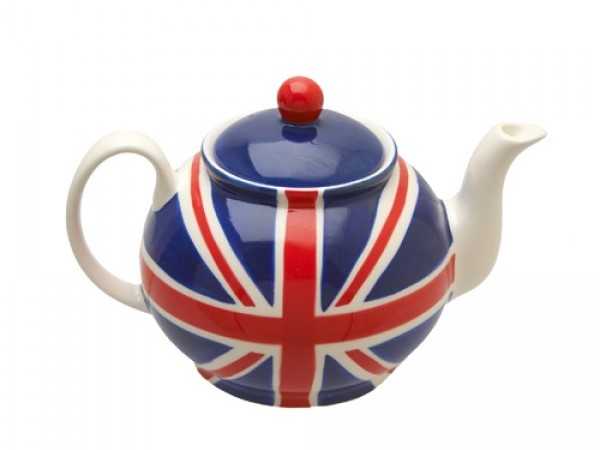By Adam Chandler*
Almost as old as England itself (or at least since the 17th century) is the caricature of the tea-obsessed Brit. According to the United Kingdom Tea & Infusions Association, tea’s stranglehold over the British imagination is an actual matter of fact: “A cup of tea is a vital part of everyday life for the majority of people in modern Britain—in fact tea is so integral to our routine, that it is difficult to imagine life without it!”.
Oh, but those cruel winds of change seem to be brewing. A study of consumer purchases mixed with decades of data from National Food Surveys reveal that tea consumption has fallen steadily over the course of two generations.
Since 1974, the BBC reports, weekly purchases of tea have “experienced almost a two-thirds fall” from 68 grams (2.4 ounces) per household per week to just 25 grams (0.88 ounces). As Sky notes, that drop suggests that “Britons are drinking on average just eight cups of tea a week today, down from 23 in 1974.”
So what gives?
There are many factors that could help explain the decline. First and foremost is the rise of coffee.
The difference between culture and consumption is an important distinction here because while coffee isn’t being consumed in wild quantities in the United Kingdom—each day, fewer than .4 cups per capita are drunk—coffee shops have become a trend, even replacing the storied pub as the preferred third place.
As one analyst told The Telegraph, “[T]he way in which coffee is being consumed has changed with people now visiting coffee shops where they might previously have consumed instant coffee at home or in the workplace.”
If one associates coffee with a new social paradigm, tea is often linked to sweets/biscuits/cakes, which have also fallen out of favor as new data show British consumers have tried to move away from sugar and bread toward healthier trends.
One telling fact from The Telegraph’s report: “Volume sales of sweet biscuits fell from 451m kg in 2009 to an estimated 413m kg [in 2014].”
Another likely factor is a yen for something different, even just a departure from traditional tea. A sales analysis by The Guardian last August offered that while traditional tea fell 6 percent in the past five years, sales of less traditional teas (fruit, herbal, specialty, green) grew steadily from 2012 to 2014.
Of course, one place where tea consumption is not declining may be a surprise: the United States. As Roberto Ferdman wrote in The Washington Post in 2014, “The U.S. market for tea has more than quadrupled during the past twenty-plus years—from just under $2 billion in 1990 to just over $10 billion [in 2013].”


















